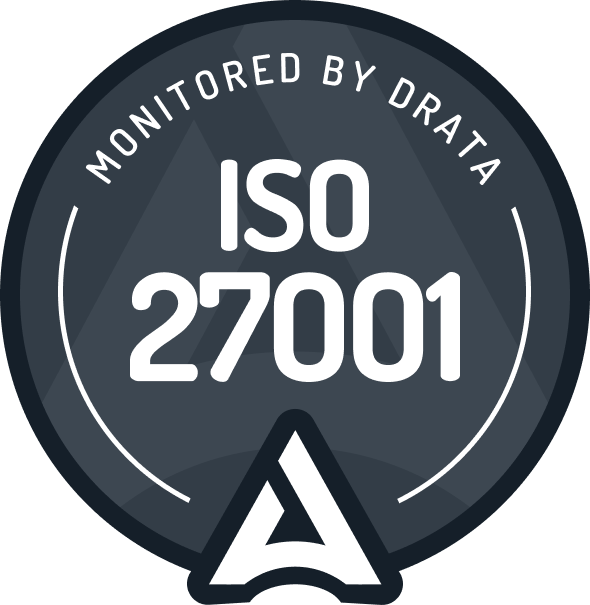Changes in Workplace Relations

The Fair Work Legislation Amendment (Secure Jobs, Better Pay) Act 2022 has changed a number of existing rules and introduced a range of new workplace laws to promote job security, help close the gender pay gap and modernise the workplace bargaining system.
The new laws start on different dates. Some changes are already in effect, with further changes commencing on 6 June 2023.
Key changes in effect or coming into effect:
Multi-Bargaining Changes
From 6 June 2023, a series of changes are being implemented across the multi enterprise bargaining streams. These include:
- Single Interest Bargaining
From 6 June 2023, employers with a common or ‘single’ interest will be able to make a single interest employer agreement that allows 2 or more employers to be covered by the same agreement.
Common interests include :
- Geographical location;
- Regulatory regime; or
- Nature of enterprise (size and scope) to which the agreement will relate and terms and conditions of employment
Previously, only employers could make an application for a single interest employer authorisation. Under the new changes, employers or employee bargaining representatives can seek an authorisation.
Small businesses with less than 20 employees can participate in this stream but only by consent. For businesses with 20 - 49 employees, it is the union's responsibility to establish the business is reasonably comparable for a single interest authorisation and for businesses with 50 or more employees, it is the employer’s responsibility to prove that its business is not reasonably comparable with other employers.
Employers cannot be compelled to bargain if there is a single enterprise agreement in operation or the employer has committed to bargain for a single enterprise agreement.
- Support Bargaining Agreements
From 6 June 2023, the low-paid bargaining stream will be renamed the supported bargaining stream. The changes will allow easier access to bargaining as it simplifies the requirements for the FWC to authorise bargaining in low-paid industries such as aged care, disability care and child care services. An authorisation is required for employers to bargain in the stream. Bargaining representatives or employee organisations can make an application and the FWC must be satisfied that employers and employees can bargain together. Employers and employees can be added to authorisations after they have been made.
The on-site general building and construction industry and employers and employees are excluded from this stream and single interest stream is excluded.
- Cooperative Bargaining Stream
Under this stream, an employer can voluntarily seek to join with other employers to make a cooperative workplace agreement. It allows employers and employees to be covered by an existing multi-enterprise agreement by majority vote of employees.
This change can provide an option for employers and employees to reach an agreement, particularly for smaller businesses, however is available for all businesses regardless of size. Businesses will have access to assistance from the FWC to negotiate agreements.
Takeaways
- If you are in a low paid industry such as child care or the disability industry, prepare and understand the supported bargaining stream changes.
- Assess current agreements and arrangements and consider other employers in the same industry and sector.
- Understand your employees and their interest in multi-enterprise bargaining
- Consider all exclusion available for the multi-bargaining streams.
Better Off Overall Test (BOOT) Changes
Major changes to the better off overall test (BOOT) are aimed to clarify the existing complexities of its application.
The BOOT is a safeguard to ensure each employee covered by an enterprise agreement is better off overall when compared to their modern award. It has previously been applied with a line by line approach. However, changes to the Act clarify that BOOT is a global assessment and the FWC is only required to consider types and patterns of work that are reasonably foreseeable.
From 6 June 2023, the FWC will have power to amend or remove a term of an agreement which does not meet the BOOT without an undertaking from the employer. They will also have the ability to reassess an agreement during the life of the agreement and amend the agreement if it does not pass the BOOT.
Takeaways
- Check your enterprise agreement carefully to ensure it meets the BOOT
- If you are considering any changes to patterns or types of work, ensure it is in line with the applicable agreement and BOOT (consider any amendments to the agreement which may need to be made)
Zombie Agreements Changes
A zombie agreement is an agreement made prior to the commencement of the Fair Work Act 2009 in accordance with the new changes, zombie agreements will automatically terminate on 7 December 2023 unless an application to extend the agreement is made.
Employers must notify employees covered by a zombie agreement in writing that :
- The employee is covered by a zombie agreement; and
- The zombie agreement will terminate on 7 December 2023 unless a request is made to extend the zombie agreement; and
- The sunsetting process commenced on 7 December 2022.
If an employer wants to extend a zombie agreement, they must apply to the FWC by 7 December 2023 otherwise the agreement will automatically terminate. Zombie agreements may be extended by the FWC for up to 4 years if the employee is better off under the agreement or if bargaining for a new agreement is occurring.
Once the zombie agreement has ceased to operate, employee entitlements will be set by an applicable modern award or an enterprise agreement if negotiated.
Previously, zombie agreements were not assessed and compared against modern awards which could potentially result in employees receiving less entitlements under the agreements. The changes ensure that employees’ minimum entitlements are in line with current modern awards.
Takeaways
- Check if any employee agreements have been made prior to the commencement of the Fair Work Act 2009 and identify if an application to extend the agreement is necessary.
- Give written notice to employees covered by zombie agreements by 6 June 2023 that their agreement will terminate unless an application for extension to FWC is made.
- Employers who fail to notify employees of the sunsetting of a zombie agreement may be subject to financial penalties.
Keeping up to date with these changes can be overwhelming, especially when it comes to the law. Having a clear understanding of what is being changed and the boundaries that lie within these amendments will allow businesses to take the necessary steps to navigate employee arrangements and communicate overall compliance to Fair Work.




.png)

.png)





%201.webp)


.webp)




.webp)

.webp)